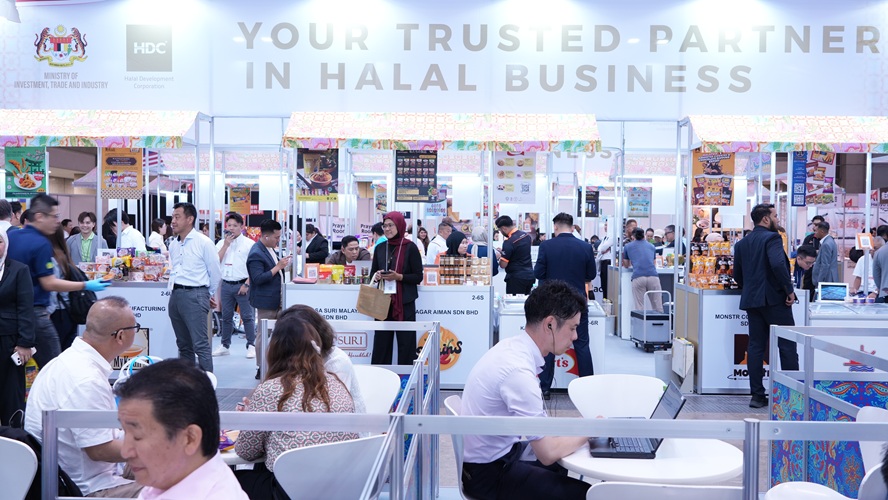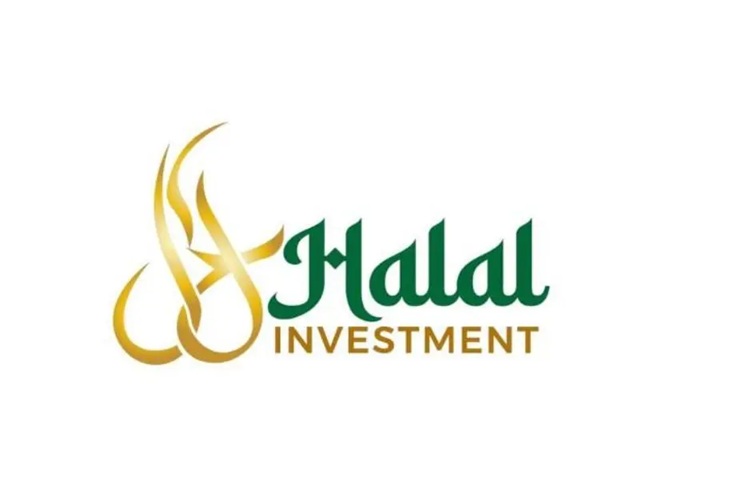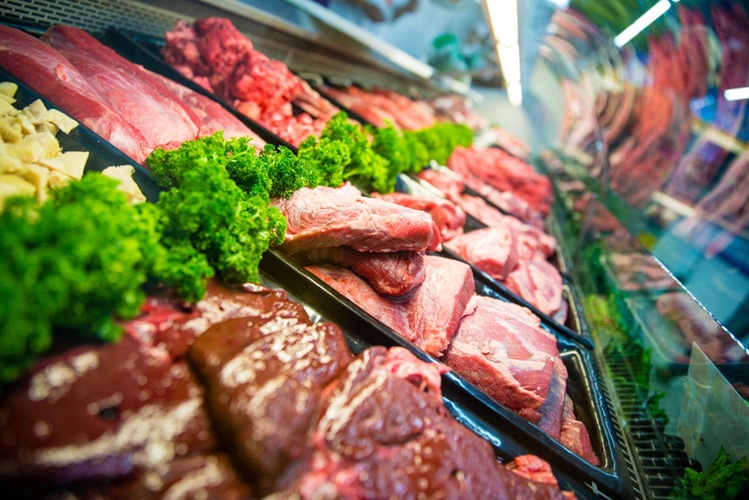BENGALURU (India), Halal Industry Development Corporation Sdn Bhd (HDC) has called on Indian investors to emulate other multinational corporations in leveraging Malaysia’s halal know-how to increase their market presence in the global arena.
Its international footprint senior manager, Ahmad Zulhilmee Hasan said for example, in recent years, several South Korean firms teamed up with Malaysian halal companies to produce and export halal products worldwide.
“In 2017, South Korea’s Shinsegae Food collaborated with Mamee Double-Decker Sdn Bhd to produce halal food products in Malaysia for export to the Middle Eastern and Southeast Asian countries.
“While this year, another South Korean company, Samyang Foods Co Ltd partnered with FGV Holdings Bhd to establish a halal ramen manufacturing facility in Malaysia to cater to the local and global markets,” he told Bernama on the sidelines of the Global Halal India Expo 2019 here, Friday.
Ahmad Zulhilmee said besides South Korean firms, Japanese companies like Ajinomoto Co Inc and Lion Corporation, as well as Swiss multinational food and drink processing conglomerate Nestle also set up their halal facilities in Malaysia to supply halal products globally.
However, he said Indian companies have yet to capitalise on Malaysia’s halal know-how in droves.
He said so far only one Indian company leveraged the halal know-how to set up a manufacturing plant to produce lentils and legumes in the Port Klang Free Zone (PKFZ) National Halal Park in 2012.
“And the investment is quite small, valued at between RM5 million and RM10 million,” he added.
Hence, Ahmad Zulhilmee encouraged Indian market players to capitalise on Malaysia’s halal talents, ease of doing business, as well as the Department of Islamic Development Malaysia’s (JAKIM) halal certification, which is globally recognised, to further expand their businesses.
Among the main incentives provided by Malaysia for foreign halal investors are an investment tax allowance of 100 per cent (on the qualifying capital expenditure within a period of 10 years), exemption from import duty and sales tax on raw materials, as well as double deduction on expenses incurred in obtaining international quality standards, he said.
“Indian investors should use Malaysia as a springboard to elevate their businesses. If South Koreans and the rest could make halal a contributor to their economic growth, why not India?” he said.
Ahmad Zulhilmee said Indian investors should not just leverage Malaysia’s halal know-how but also its capabilty to grow the halal industry and connect the players regionally and globally.
“They should come to Malaysia and make Malaysia the gateway to penetrate into the desired markets through halal as value propositions,” he said.
The second edition of the three-day Global Halal India Expo 2019, which started Friday, attracts industry professionals such as India’s trade commissions and Islamic chambers of commerce, importers, distributors, buyers, visitors, as well as halal-related agencies and organisations.






0 Comments